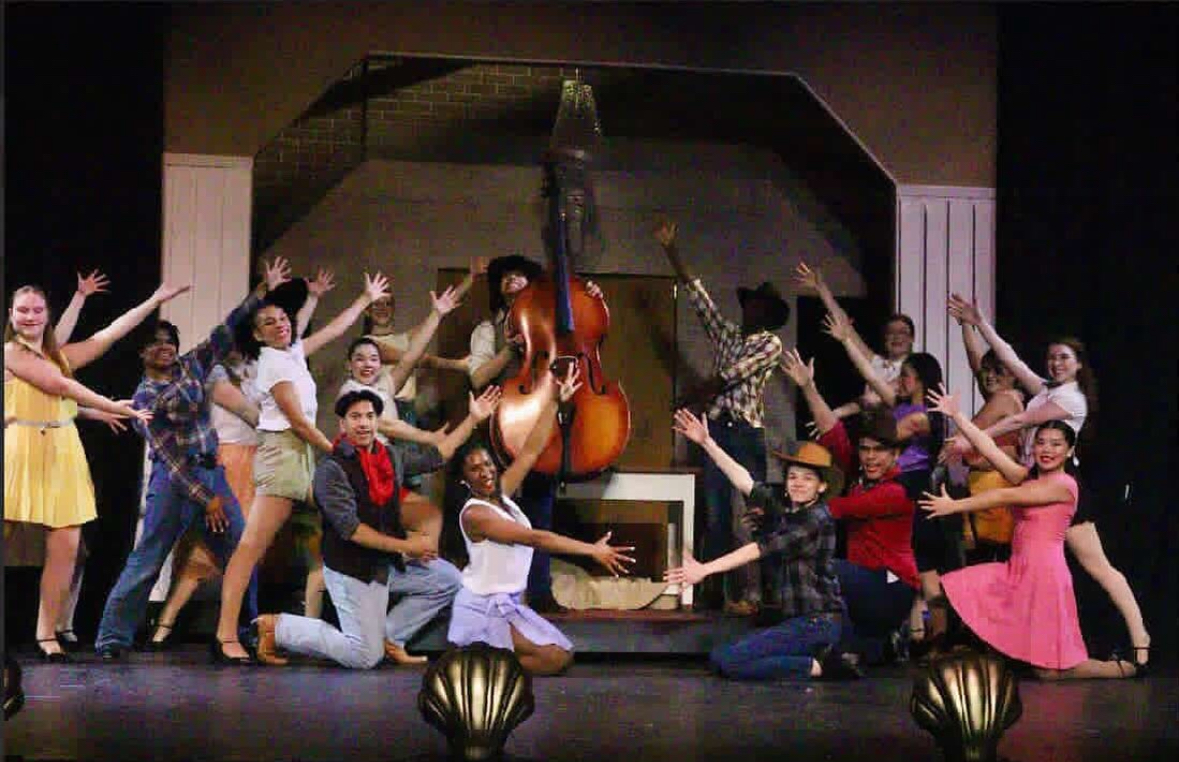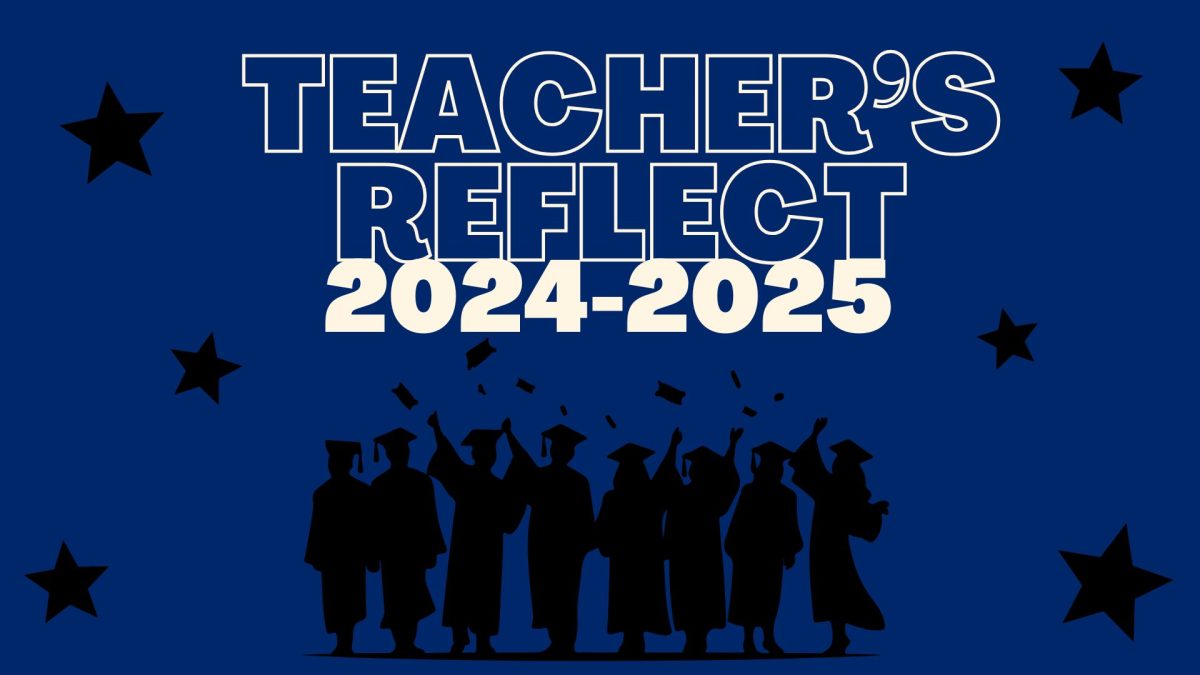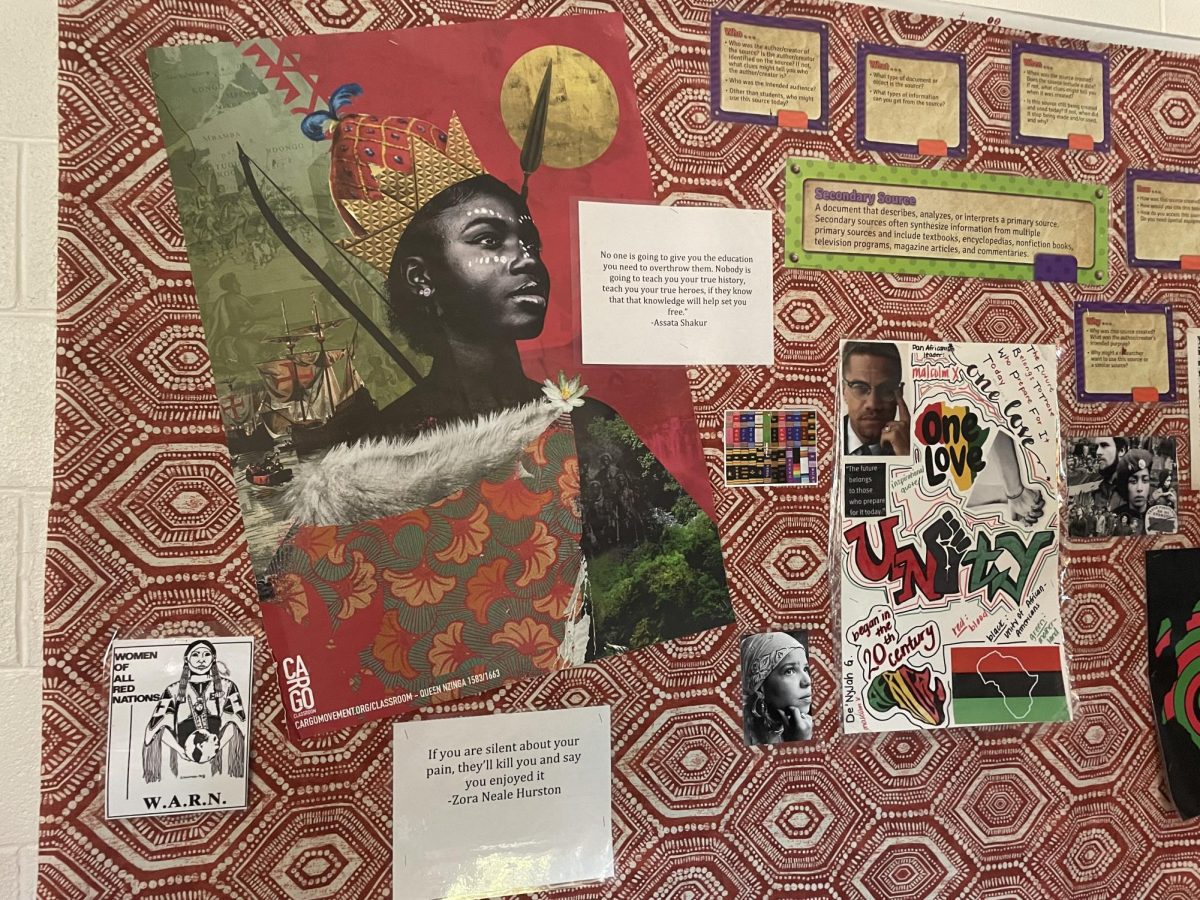AP African American Studies is a pilot course that was recently added to Hayfield’s list of AP classes. At the heart of this class is an in-depth study on the history, culture, and experiences of black people all over the world.
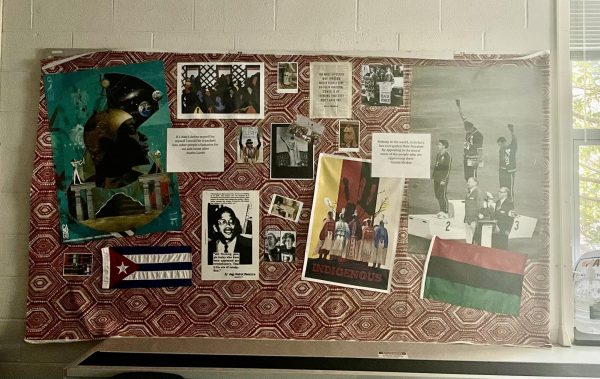
Many history classes are offered at Hayfield, including World History, U.S History, and V.A. History. However there aren’t any classes that specifically focus on topics regarding the African Diaspora.
When these history classes do discuss black people, it usually only includes slavery, segregation, Rosa Parks, Martin Luther King Jr, etc. While these topics are important to learn about, there’s so much more to learn about when it comes to the study of black people.
“We’re not just looking at history, we’re looking at culture that’s being produced, we’re looking at what culture’s being produced, so, like what are black people writing, what music are they creating, what culture are they keeping, what religious practices are they maintaining,” Ariel Alford, who teaches AP African American studies said.
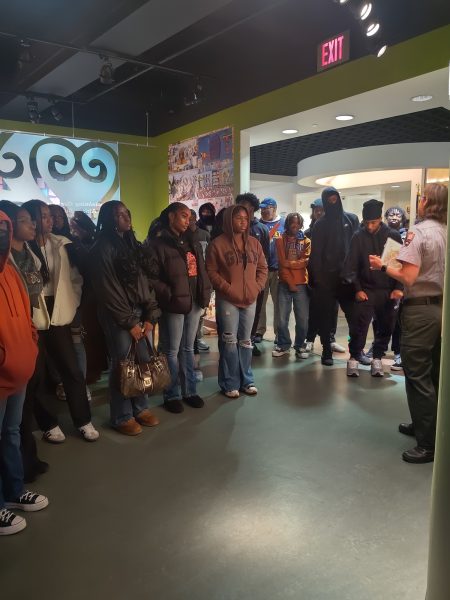
AP African Studies is an interdisciplinary course, meaning it takes knowledge and information from a multitude of fields such as art, geography, science, language, and literature. All of this helps broaden students’ knowledge of Africa, and the people descending from Africa.
“My favorite part of taking this class is learning about my own history and studying it more in-depth, because in regular history classes a lot of it isn’t really in depth, it’s just how it’s connected to European history,” sophomore Tiffany Richardson said.
Many students have mainly learned about slavery in their history classes. By examining the economies, rulers, religion, and structures of African empires, black students are able to gain a deeper understanding of who they are, and how their ancestors have impacted the world.
“Probably my favorite part about taking this class is just learning who we were, who my people were before slavery, like the history, our achievements, our accolades, everything, just the people who we were before we got here,” junior Isiah Blue said.
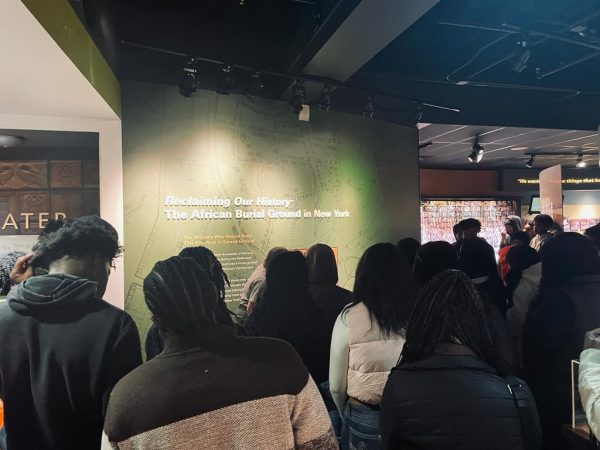
However, learning about these topics isn’t just beneficial to black students, it’s also important for non-black students.
“It really opened my eyes to think about what my ancestors as a non-POC person had learned about originally, because in most history classes we talk about slavery and that’s all black history has been to us,” sophomore Sebastian Shabrack said.
Although the course has positively impacted students, it hasn’t been without controversy. There have been multiple attempts from different states to ban or restrict the class.
“In its current form, the College Board’s AP African American Studies course lacks educational value and is contrary to Florida law,” Cassie Palelis, spokeswoman for the Florida Department of Education has said.
In Arkansas, the Arkansas Department of Education has decided that the class won’t count towards college credit.
“They feel threatened by the potential of what knowledge would be shared in the class, and then they’re afraid of what students will do with that knowledge,” Alford said.
By having this class available in high school, a larger range of students will have the opportunity to learn college-level material about the African Diaspora. If this course is banned, that opportunity will be taken away from students.



